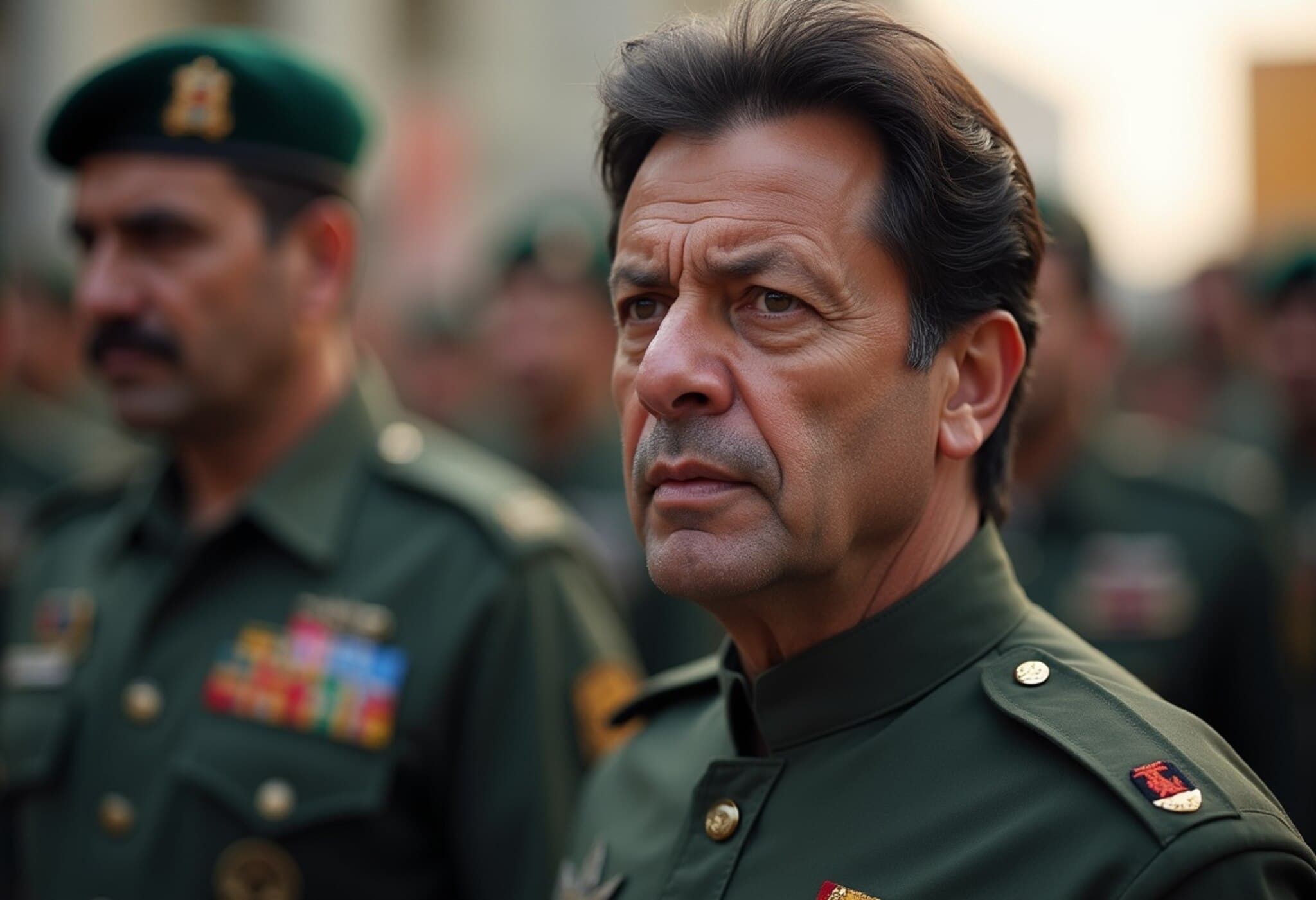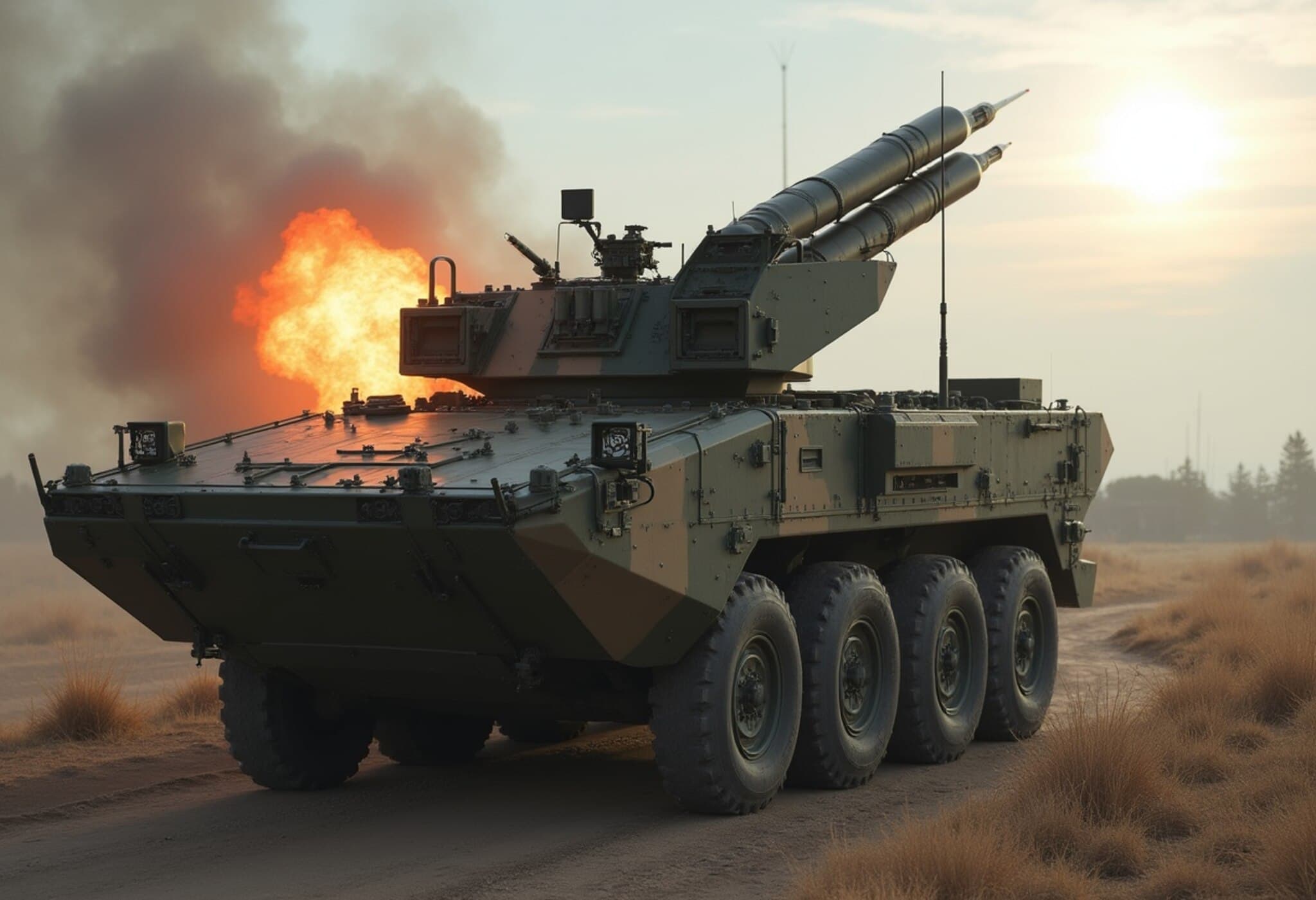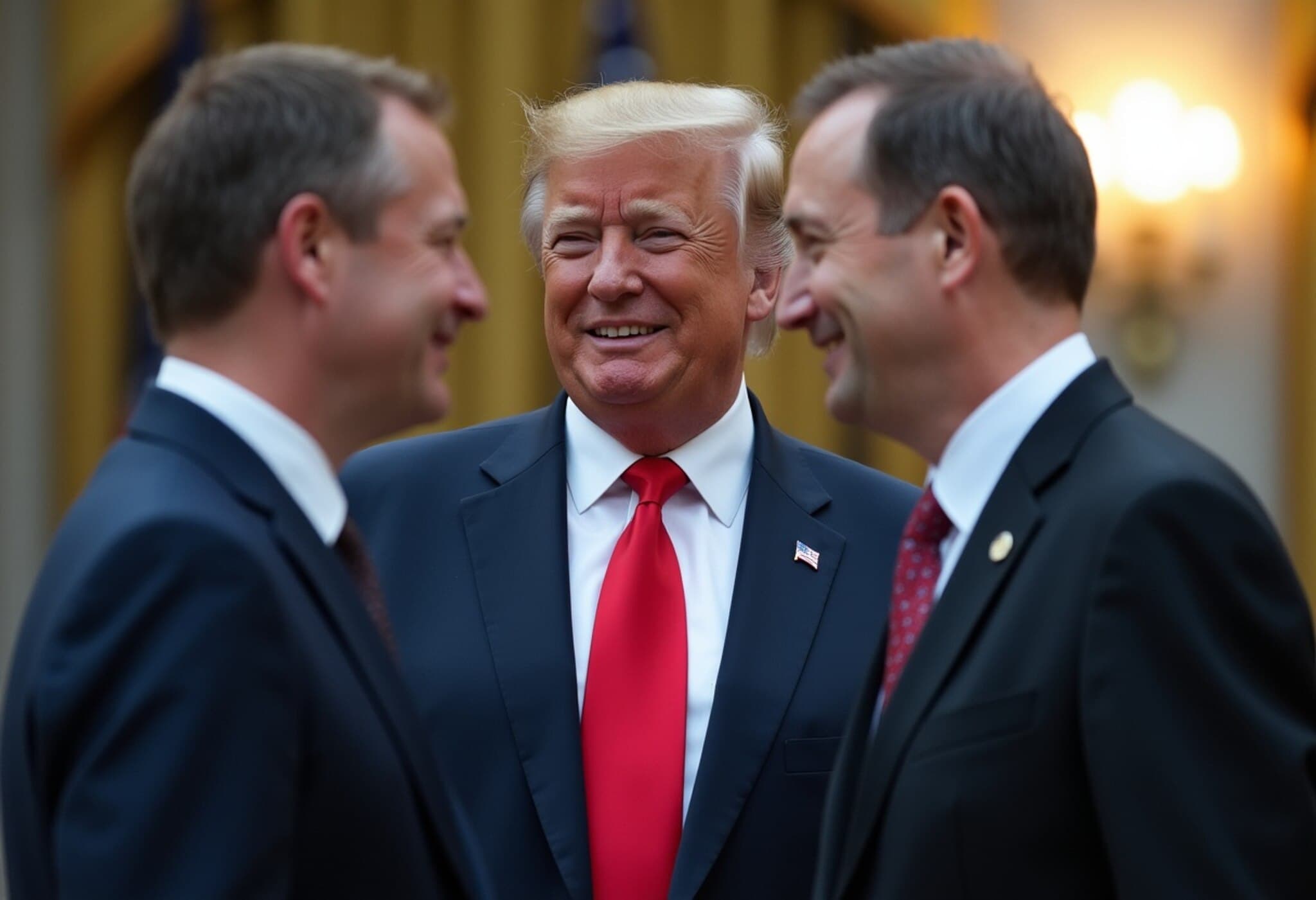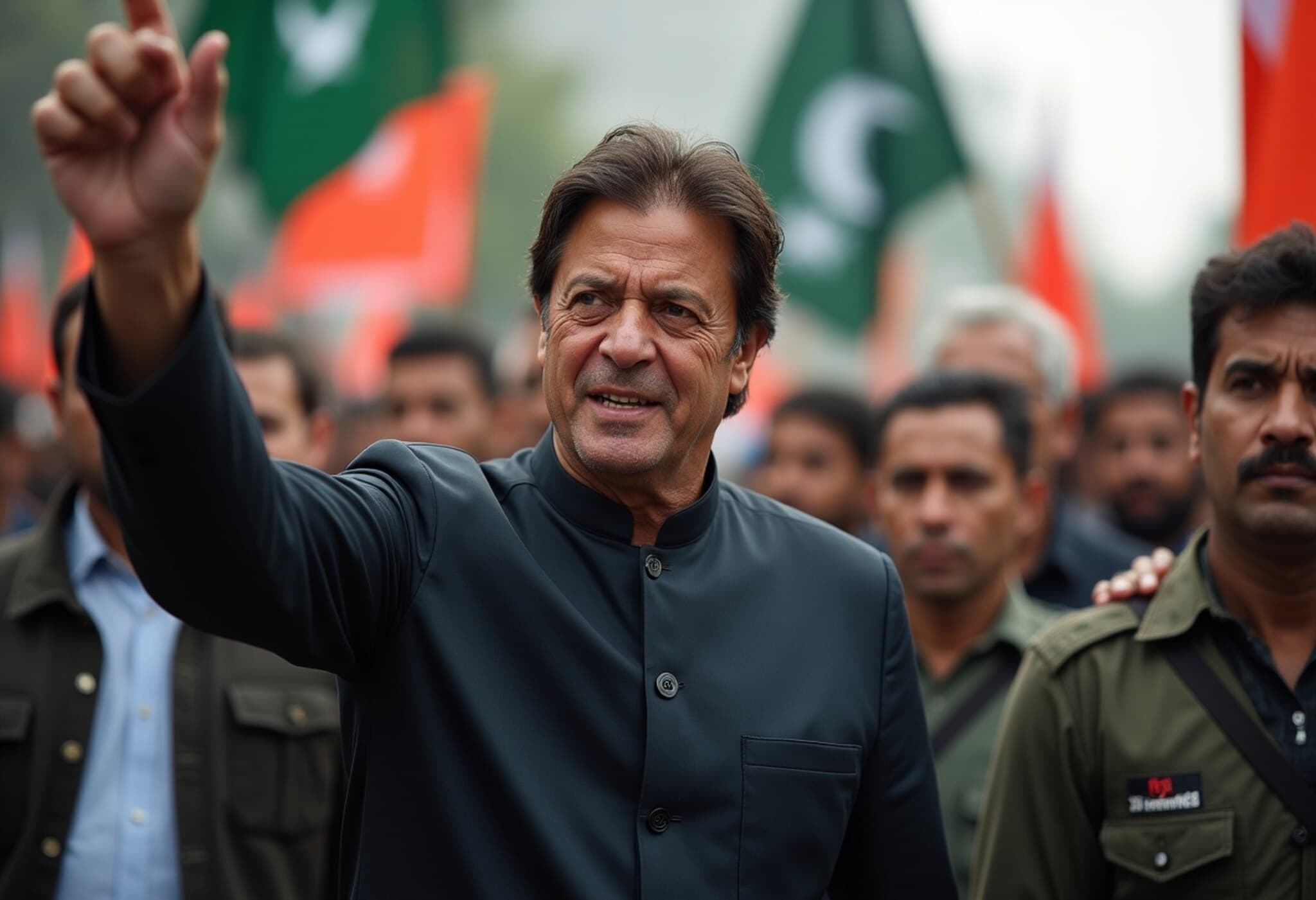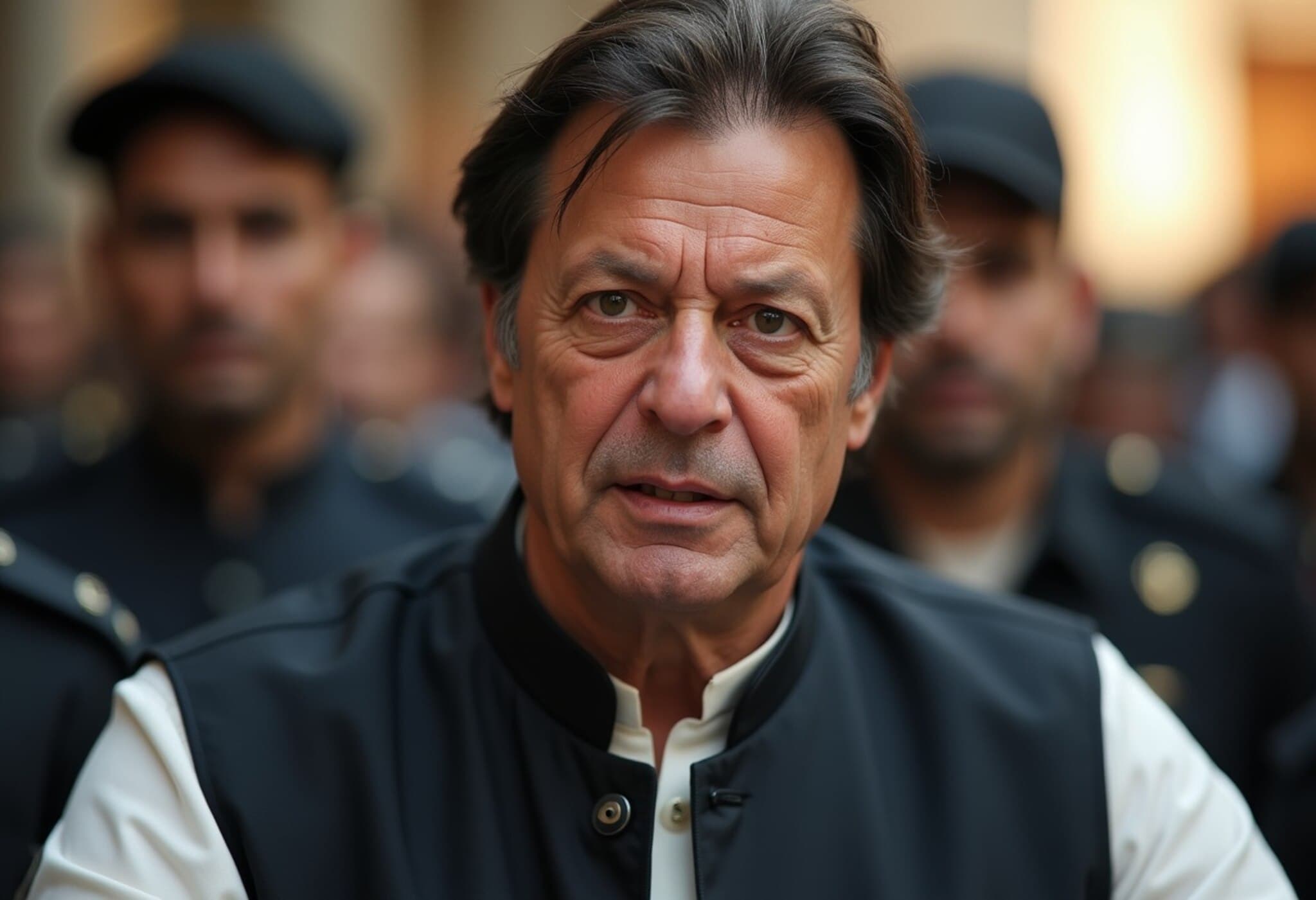Shahrez Khan’s Arrest: A New Chapter in Pakistan’s Political Turmoil
On August 22, 2025, Lahore Police arrested Shahrez Khan, nephew of former Pakistani Prime Minister Imran Khan, in connection with the highly charged May 9, 2023, violence that shook Pakistan’s political landscape. This arrest underscores the ongoing tension and unresolved conflicts from the fallout following the removal of Imran Khan’s government in 2022.
Background: The May 9 Incident and Its Lasting Impact
Following Imran Khan’s arrest in May 2023, supporters of his party—Pakistan Tehreek-e-Insaf (PTI)—organized nationwide protests that unfortunately escalated into violent clashes. The unrest culminated in dramatic attacks on sensitive military sites, including the storming of army commanders’ official residences and the Military Headquarters in Rawalpindi.
The incident, now referred to as the “May 9 case,” has become a pivotal point in Pakistan’s ongoing contest between civilian political leadership and military influence. Shahrez Khan has been specifically implicated in an attack on the Jinnah House, the official residence of the Corps Commander of Pakistan Army’s 4 Corps in Lahore.
The Arrest: Details and Immediate Repercussions
Shahrez Khan’s detention came more than two years after the events in question. According to PTI statements, his arrest was marked by a sudden police raid during the night spanning Wednesday into Thursday. Reports describe forceful entry into the family home, with household staff allegedly assaulted and family members harassed before Shahrez was taken away in front of his children.
Following the arrest, an anti-terrorism court granted law enforcement an eight-day custody period to proceed with investigations. This move has reignited debate around law enforcement tactics and political reprisal in Pakistan.
Contextualizing the Political Fallout: Imran Khan’s Continuing Legal Battles
Since being ousted in a parliamentary trust vote in 2022, Imran Khan and his close associates have faced relentless legal pressure, with over 100 cases reportedly filed against the former premier. Imran has also spent more than two years cumulatively in detention under controversial circumstances.
His relationship with Pakistan’s powerful military apparatus has deteriorated sharply since his fall from power. Imran has publicly accused the army and foreign actors, particularly the United States, of orchestrating a conspiracy to remove his government — allegations that have polarized Pakistani society and international observers alike.
Who is Shahrez Khan? Insight Into the Man Behind the Headlines
Far from a mere political figure, Shahrez Khan brings an international profile to this saga. An Oxford University graduate, Shahrez is professionally engaged as regional head at Simba Global, a major linen supplier headquartered in Australia. Moreover, he is also known as a dedicated triathlete, reflecting a multifaceted persona beyond politics.
Expert Insight: What This Means for Pakistan’s Political Future
The arrest raises crucial questions about Pakistan’s rule of law and the military’s influence over civilian political affairs. Analysts suggest the move may be intended both as a warning to opposition figures and as an attempt to assert control ahead of upcoming political events. The judiciary’s role and independence will remain under close scrutiny as this case unfolds.
- Political Repression vs. Legal Accountability: Is the arrest a legitimate response to criminal acts or part of a broader campaign to undermine political opposition?
- Military-Civil Relations: How will increased crackdowns affect Pakistan’s fragile civil-military balance?
- International Perception: Given Imran Khan’s global profile, these developments will shape foreign diplomatic approaches to Pakistan.
Looking Ahead: The Road to Resolution Remains Unclear
With Pakistan mired in political uncertainty, the arrest of Shahrez Khan adds another layer to an already complex narrative. As stakeholders await judicial proceedings, the broader implications for democratic processes, human rights, and regional stability remain deeply consequential.
Editor’s Note
Shahrez Khan’s arrest doesn’t just highlight individual accountability; it shines a spotlight on the broader fissures within Pakistan’s governance framework. The persistence of over 100 cases against Imran Khan and his family raises important debates about the politicization of justice in Pakistan. As observers, we must ask: Will these legal battles pave the way for true accountability, or are they symptomatic of a deeper struggle for power between civilian leadership and the military establishment? This case is emblematic of Pakistan’s ongoing search for political equilibrium, where democratic ideals are often tested by institutional realities.

